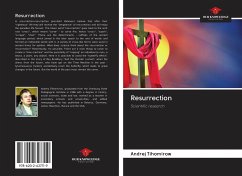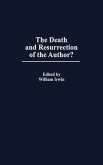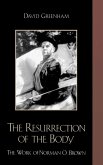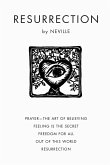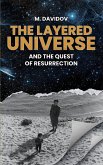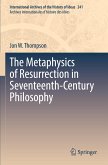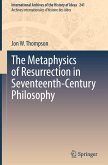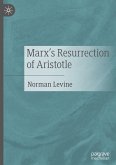Is resurrection-resurrection possible? Believers believe that after their "righteous" life they will receive the "vengeance" of resurrection and will enjoy the paradise life forever. The Slavic word "resurrection" goes back to the verb root "cress", which meant "carve" - to carve fire, hence "cross", "spark", "scrape", "chair". These are the determinants - suffixes of the ancient language period, which joined in the later epoch to the root of words and formed an indivisible whole with it. A variety of cross-like forms were used in ancient times for ignition. What does science think about the resurrection or resurrection? Theoretically, it's possible. There are 2 main things to solve: to create a "time machine" and the possibility of "copying" an individual (a man, a beast, a plant, any object). Here it is possible to avoid the "butterfly effect", described in the story of Ray Bradbury "And the thunder rushed", when the aliens from the future, who have got on the Time Machine in the past - tyrannosaurus hunters accidentally crush the butterfly, which leads to great changes in the future. But the world of the past must remain the same.

